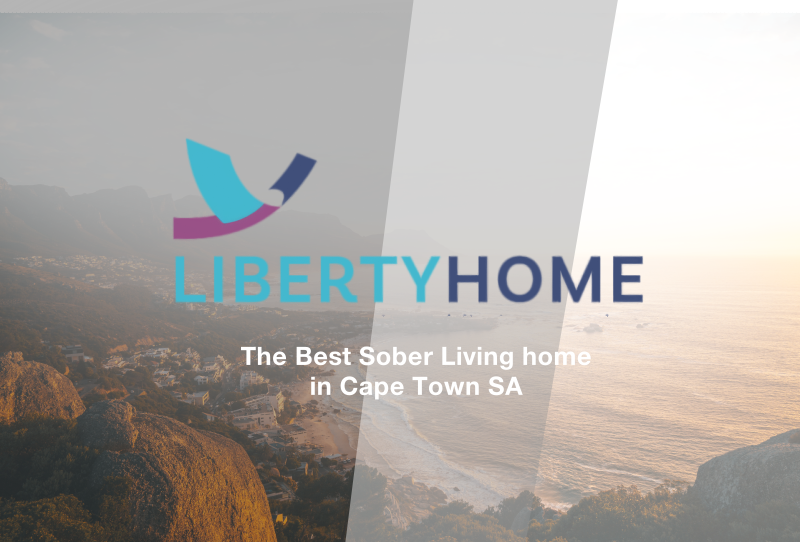
Rehabilitation Clinic & ADDICTION COUNSELING IN CAPE TOWN
What is Gambling Addiction?
Gambling addiction, also known as gambling disorder, is a mental health disorder characterized by persistent and recurrent gambling behavior, despite negative consequences.
People with gambling addiction may experience an uncontrollable urge to gamble, and may continue to gamble even when they can’t afford it, when it causes problems at work or in their relationships, or when it leads to financial or legal difficulties.
Gambling addiction can have serious consequences, including financial problems, legal issues, and relationship problems. It can also lead to mental health issues such as anxiety, depression, and substance abuse.
Gambling addiction is caused by a combination of genetic, environmental, and psychological factors. Treatment for gambling addiction typically involves a combination of behavioural therapies, financial counselling, and support from friends and family.
Symptoms of Gambling Addiction
The symptoms of gambling addiction can vary depending on the severity of the addiction, but some common symptoms include:
Preoccupation with gambling: Constantly thinking about gambling, planning the next gambling session, or finding ways to get more money to gamble.
Need to gamble with increasing amounts of money: Needing to gamble with larger and larger amounts of money to get the same thrill or excitement.
Inability to stop gambling: Being unable to cut back or stop gambling despite negative consequences such as financial problems, relationship issues, or legal difficulties.
Restlessness or irritability when trying to stop gambling: Feeling agitated, irritable, or anxious when trying to cut back or stop gambling.
Chasing losses: Continuing to gamble in an attempt to recoup losses, even if it means taking risks or borrowing money.
Lying to others about gambling: Hiding the extent of gambling from family, friends, or others, and lying about losses or debts.
Jeopardizing relationships or opportunities: Continuing to gamble even when it causes problems at work, in relationships, or in other important areas of life.
Relying on others for financial support: Asking others for money to pay debts or cover expenses related to gambling.
If you or someone you know is experiencing symptoms of gambling addiction, it’s important to seek help from a mental health professional or addiction specialist. Treatment can help to manage symptoms and reduce the risk of serious consequences associated with gambling addiction.
Coping with Gambling Addiction
Living with gambling addiction can be challenging, but there are strategies that can help to manage the symptoms and improve your quality of life. Here are some suggestions:
Consult a professional:
Gambling addiction is a treatable condition, and working with a mental health professional who specializes in addiction can provide you with the tools and support you need to manage your symptoms and achieve recovery.
Practice self-care:
Taking care of your physical and emotional needs is important for managing addiction. This may include engaging in regular exercise, eating a healthy diet, getting enough sleep, and practicing relaxation techniques such as yoga or meditation.
Create a support network:
Surrounding yourself with supportive friends and family members can help you to feel less isolated and can provide you with emotional support. You may also find it helpful to connect with others who have experienced gambling addiction through support groups or online communities.
Develop coping skills:
Learning to manage stress and emotions without relying on gambling is a key component of recovery. This may involve learning new coping skills such as mindfulness, deep breathing, or distraction techniques.
Address underlying psychological factors:
Addiction is often linked to underlying psychological factors such as anxiety, depression, or trauma. Working with a therapist to address these underlying issues can help to improve your overall well-being and reduce the risk of relapse.
Consider medication-assisted treatment:
Financial problems are a common consequence of gambling addiction, and working with a financial counsellor can help you to develop a plan to manage your debts and regain financial stability.
Remember, recovery from addiction is a journey, and it can take time and persistence. Be patient and kind to yourself as you work towards healing and remember that it is possible to live a fulfilling life despite the challenges of addiction.

Here’s how we help
We’ll be honest: overcoming addiction isn’t a stroll through the park. However, our multifaceted programme assures you of optimal guidance and support throughout your recovery. We specialize in various forms of psychological treatment, namely Dialectical Behavioral Therapy (DBT) and Cognitive Behavioral Therapy (CBT).
Trust is what keeps our team and community together. We are ardently focused on helping you achieve a realistic reintegration into your original environment and community. For that, we need you to act. Only talking doesn’t cut it. Re-integration requires commitment, effort, and hard work. If you’re up for it, we promise to support you in every way we can.
“Action is key. Nobody talks themselves into addiction, and we cannot simply talk our way out of it.”

